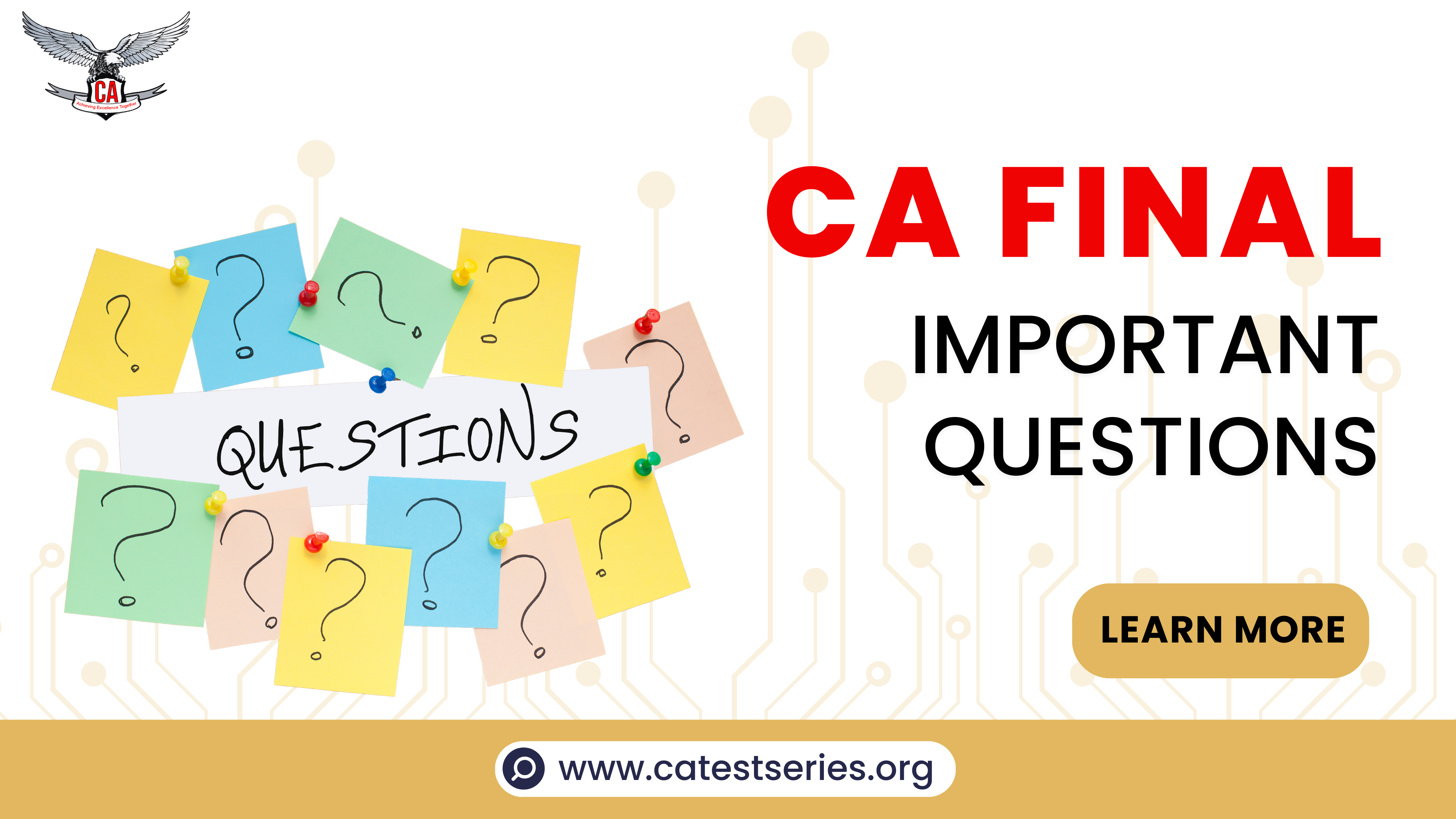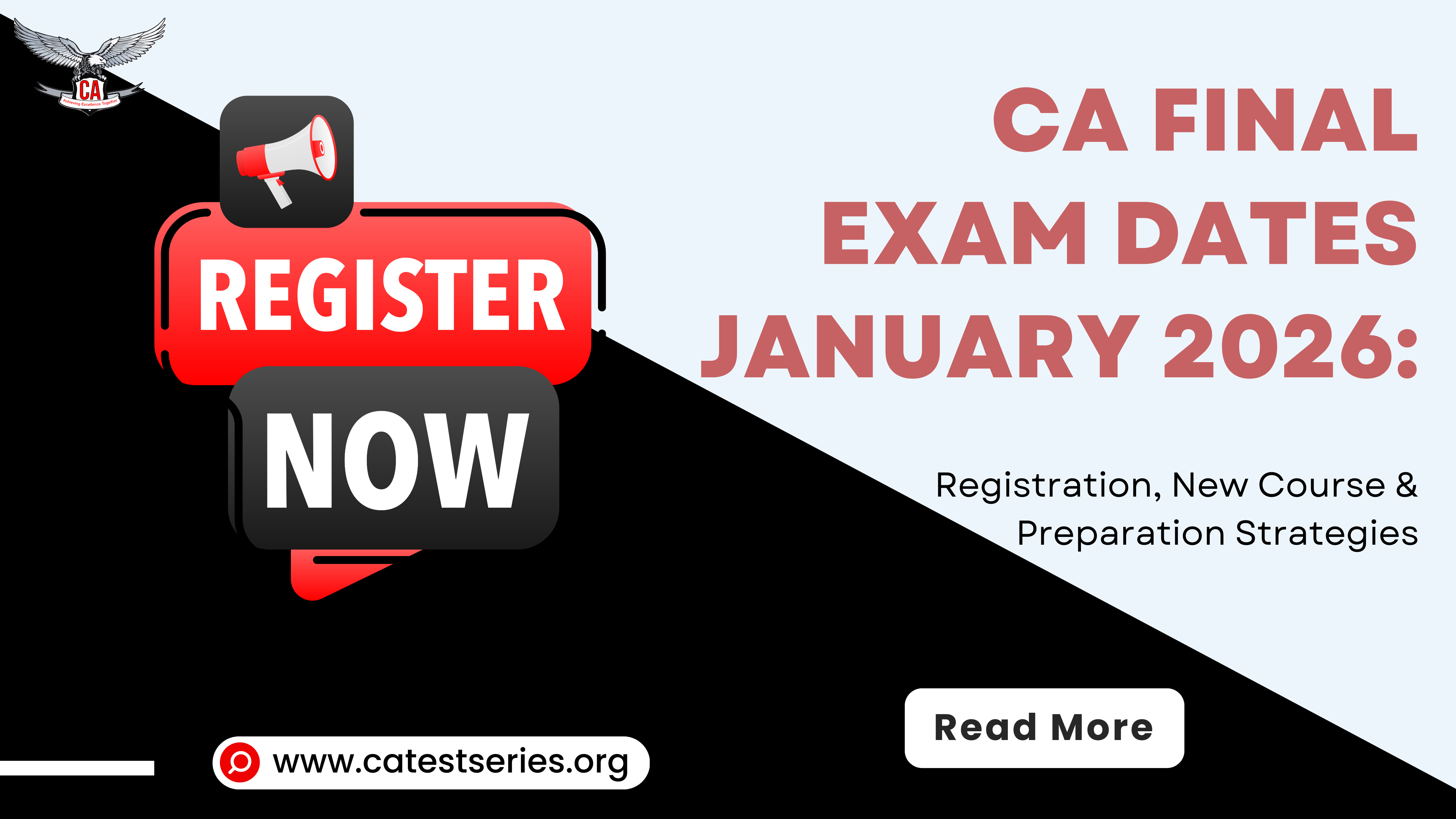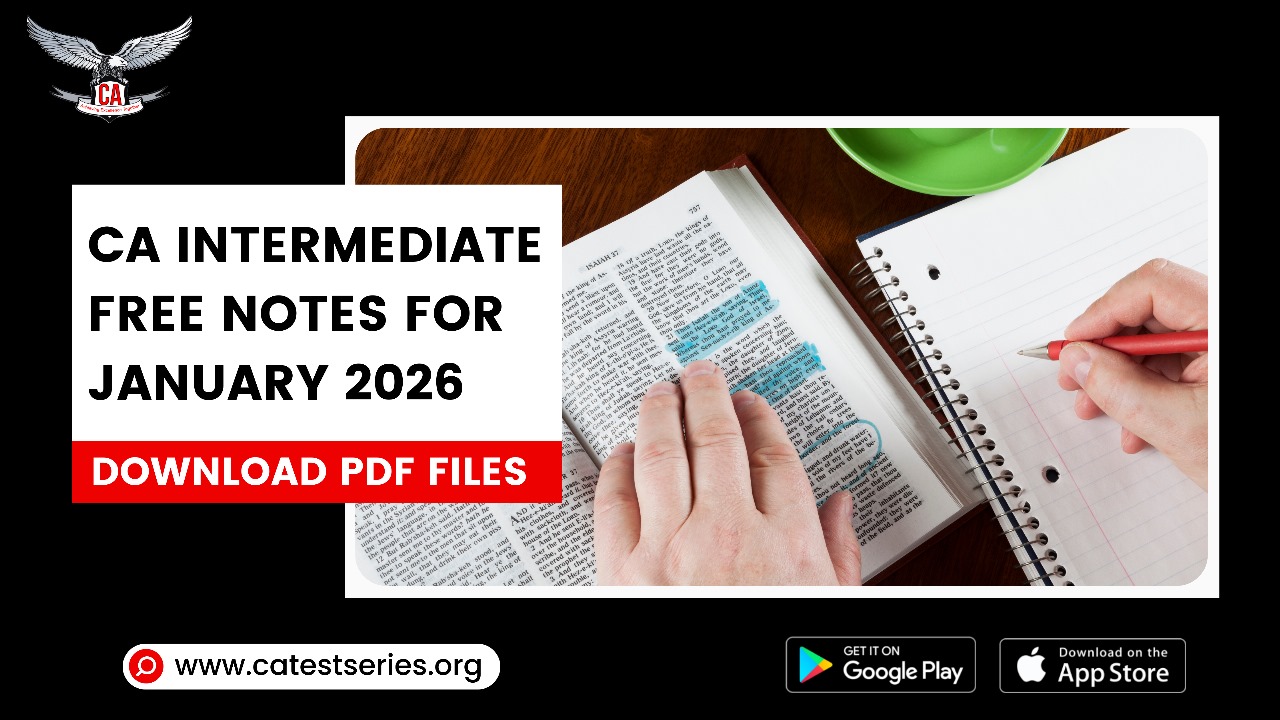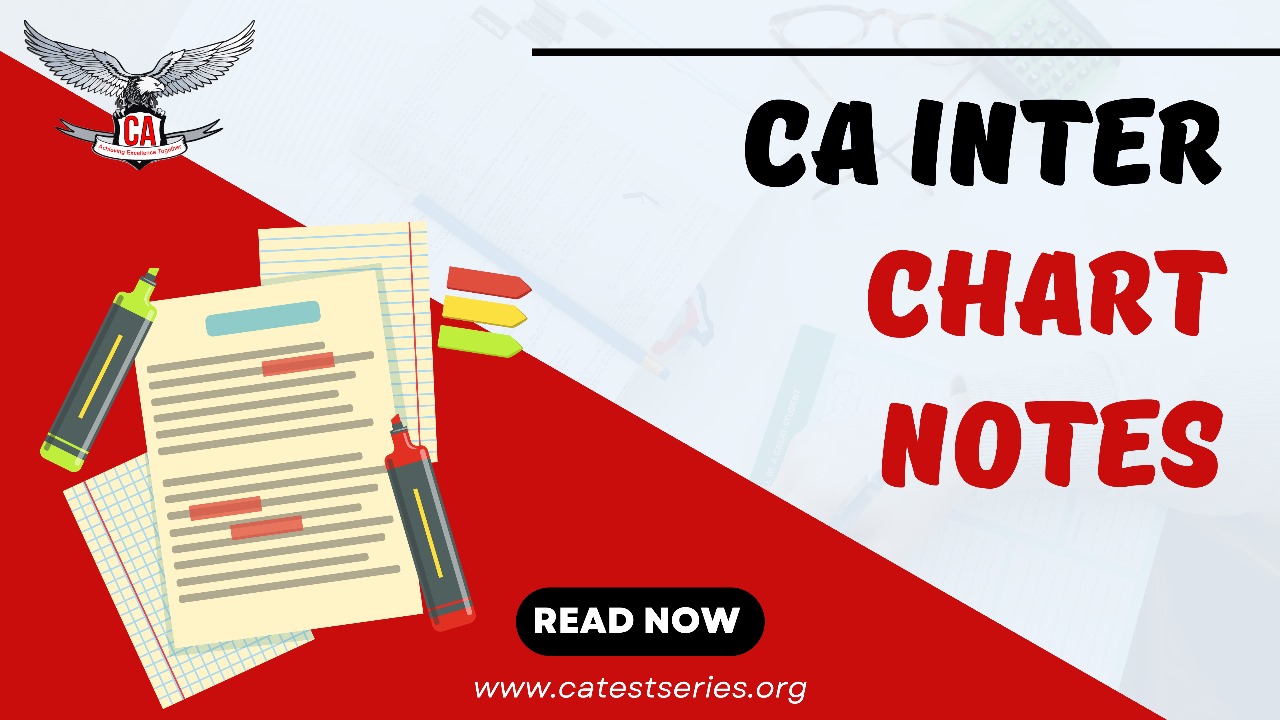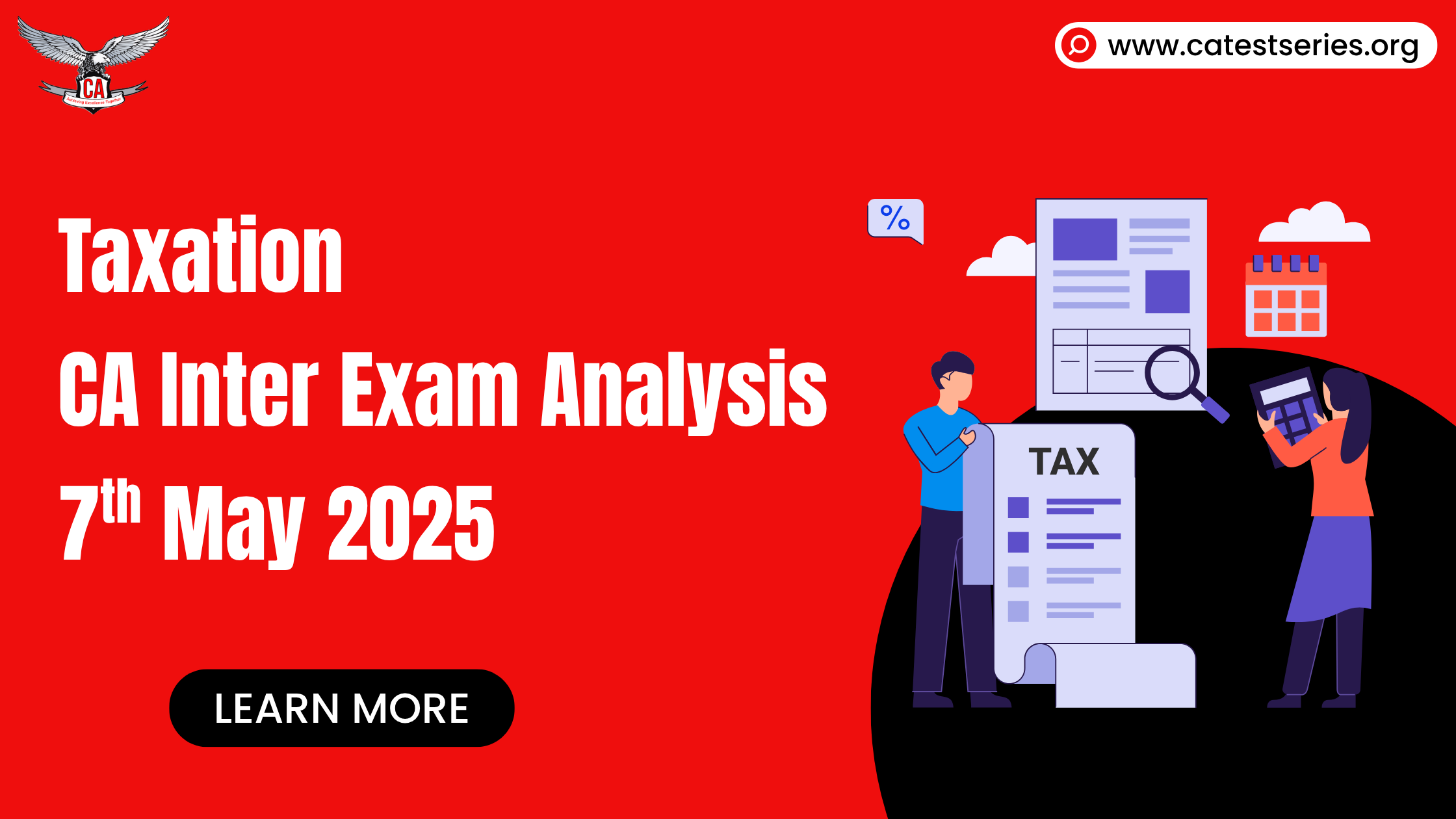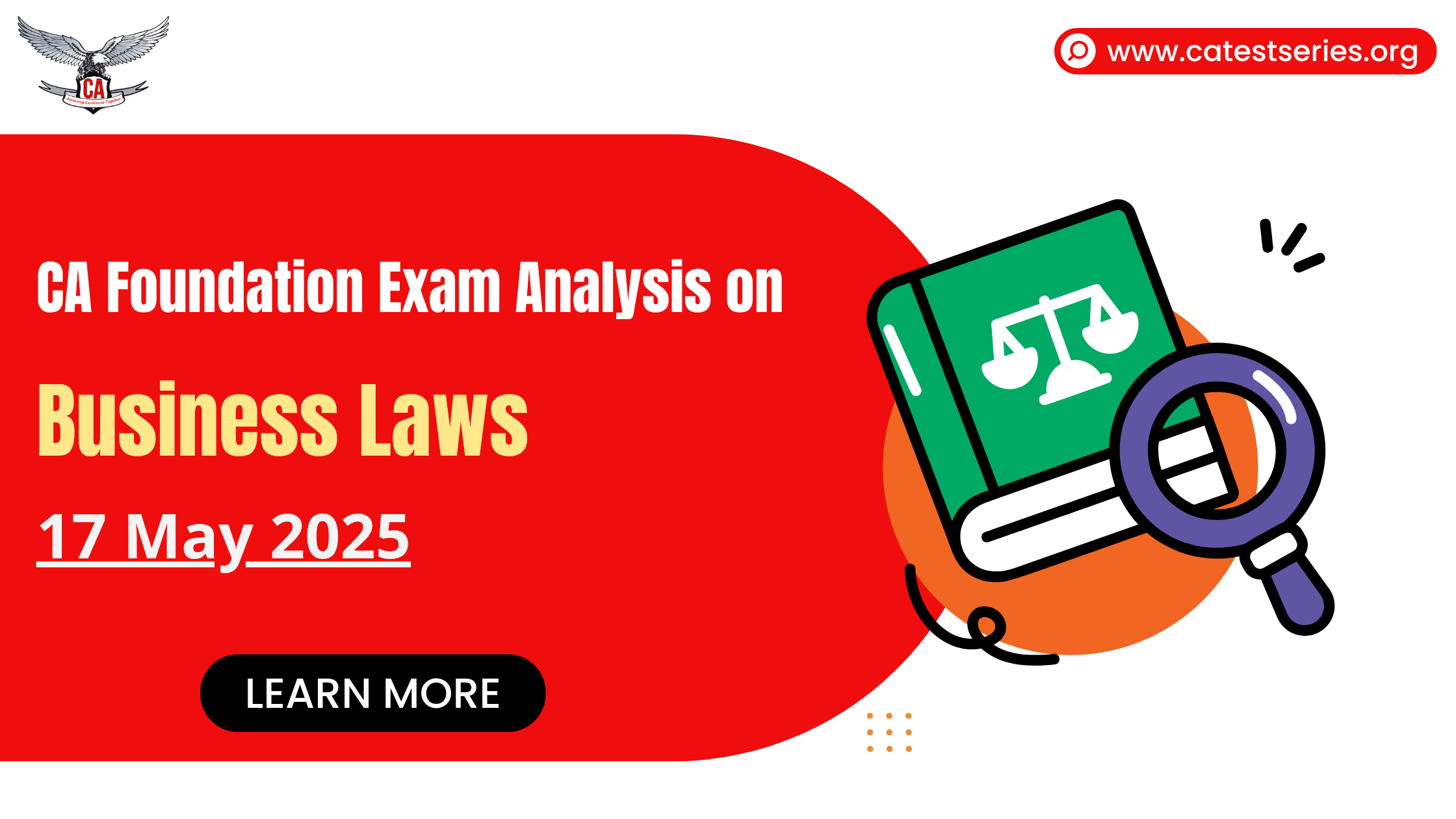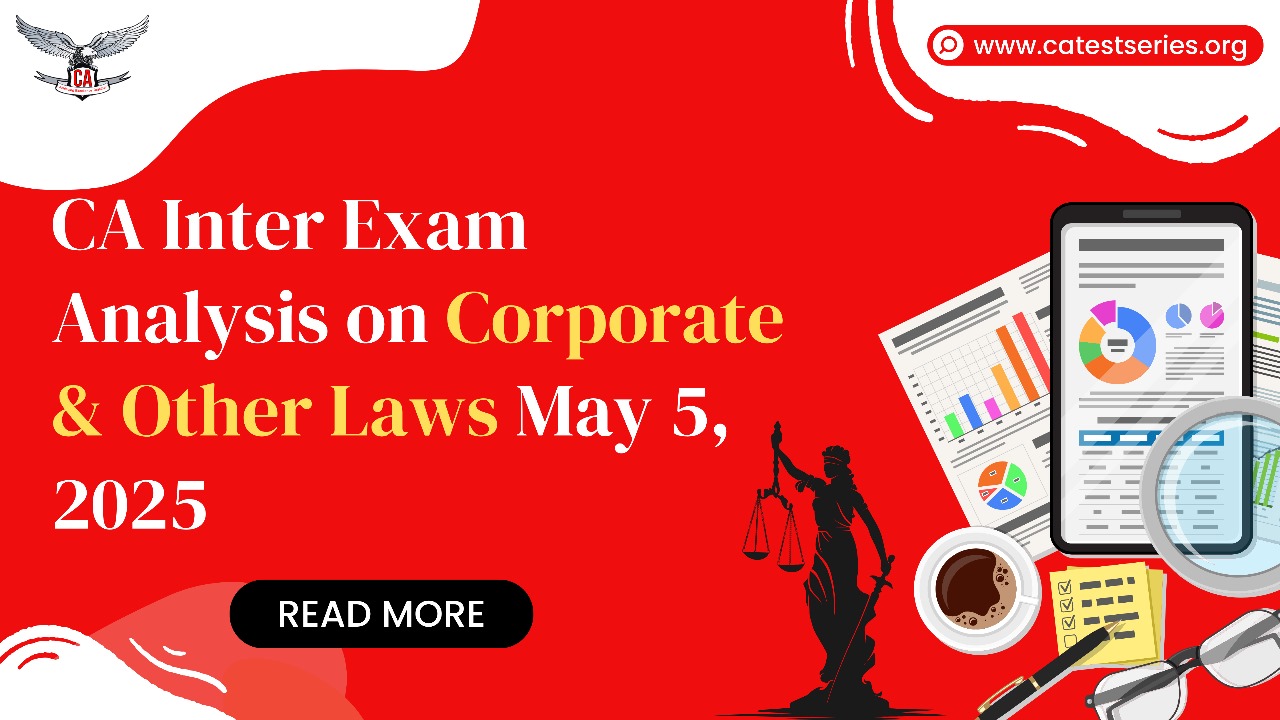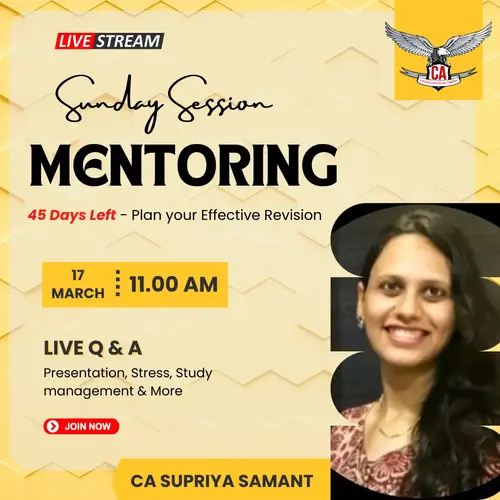CA Final Important Questions Download in PDF Format | 100 Important Questions | 50 Important Questions | ICAI Pattern
Introduction
CA final exam is an important qualification for Accountancy students. This is the last step before getting CA certification, and needless to say, it is a very competitive and challenging exam. Because of its comprehensive nature, it is important to approach your preparation with strategic thinking. Identifying and focusing on important final CA questions will help you, especially when your study time is limited.
The goal of this blog is to guide you through the most important questions about priorities and ensure that your preparation is effective and efficient. Whether you are trying to take the test for the first time or it is happening again, this guide will help you focus on the right areas.
Why focus on important questions?
CA Final Exam is known for its breadth and depth. it is important to cover the full syllabus, focusing on a set of questions will increase your chances of success. Over the years, certain types of questions have been asked, and knowing them will help you ace the exams.
By focusing on important questions, you can:
- Prioritize topics that are more important.
- Be confident by knowing the most vulnerable areas.
- Save your study time, especially when the exam is around the corner.
- Create a customized audit plan.
Important Topical Questions for CA Final
Here is the syllabus for important questions and topics:
- Financial Reporting (FR)
Financial reporting is one of the most technical papers in CA Final, and it is very familiar with the accounting standards. Some of the key areas to focus on are:
- Ind AS 115: Revenue from contracts with customers -Questions related to contract changes, performance obligations, and revenue recognition will be particularly visible.
- Ind AS 116- It is important to know the differentiate between finance leases and, operating leases and lease modifications.
- Business Interaction (Ind AS 103)- Expect many questions.
- Consolidation of Financial Statements- This question is often asked in the CA final exam in the historical literature, especially related to the adjustments for minority interests, goodwill, and changes in ownership.
- Financial instruments (Ind AS 109, 32, 107)- Knowledge of hedge accounting, impairment of financial assets, and fair value measurement is essential.
PRACTICE TIP- practice the past question papers to help you know how to handle the real exam situation.
2. Strategic financial management (SFM):
Strategic financial management tests your ability to make financial decisions based on the company strategy. Focus on these areas:
- Profits and risk management- Questions arise about maintenance methods, liquidity, interest rates, and discount models (such as Black-Scholes).
- Valuation Methods- Employ the discounted cash flow (DCF) method, relative valuation, and startup value methods, as there are many tests.
- Budgeting- Advanced NPV and IRR calculations with inflation, tax, and risk factors are included in the question papers.
- Financial management- Focus on questions about the capital cost model (CAPM), security market line (SML), and financial risk analysis.
Important note: Time management is important in SFM. Pay attention to improving the speed and accuracy of credit inquiries.
3. Professional optimization and professional ethics- This topic deals with accounting standards, ethics, and professional responsibilities. There are some important areas to focus more on-
- Company accounts- Auditors duties and responsibilities, especially when fraud is detected, are often questioned.
- Review of consolidated financial statements- Due to the complexity of the subject, this has been repeated in recent papers.
- Case Study- Case studies deal with dilemmas faced by accountants, which may result in violations of ethical guidelines.
- Public sector enterprises (PSUs) will be examined.- Questions regarding financial reporting, audit planning, and operational audit for PSUs will be included.
IMPORTANT TIP: Use mnemonic techniques to remember sections of the Companies Act and various accounting standards.
4. Corporate law and economic law
Corporate law and economic law is a subject in which conceptual understanding is key. The main sections are:
- The Companies Act, 2013- Sections relating to directors (sections 172-149), board meetings, and board nominees (section 179) are called.
- Insolvency and Bankruptcy Code (IBC)- Expect questions related to the case study focusing on decision-making procedures, CIRP and the role of independent professionals.
- Securities Laws- The main issues are related to SEBI rules, insider trading, and corporate governance rules.
- The financial regulations- Focus on the Financial Exchange Management Act (FEMA) and the Money Laundering Amendment Act (PMLA), which are under review.
IMPORTANT: Focus on writing structured answers to legal questions because exposure can change your score.
5. Rules of Direct and International Taxes
Direct Taxes are one of the most comprehensive papers in the CA Final. Here are the things to focus on:
- Transfer pricing- Case studies related to spot pricing, settlement procedures, and premium agreements (APAs) are important.
- Taxes for individuals- Questions arise regarding the DTAA (Double Taxation Agreement) and the taxation of foreign income.
- Capital gains- Special provisions relating to section 50C (sale of immovable property), 54EF (exemption from capital gains), and other deductions are given priority.
- Recent Changes and Case Law- Stay up-to-date on tax laws and case law, as there are many areas of direct and indirect tax issues.
EXERCISE TIP: Practice Simple Multiple Choice Questions (MCQs) as they are in the exam pattern.
6. Indirect Tax Law
This covers GST and Customs Law. Focus on these areas:
- Input Tax (ITC)- Please wait for questions on blocked credits, deadlines for claiming ITC, and ITC on capital goods.
- Valuation- Case studies are important for pricing laws, especially for goods and services that are given without consideration.
- Sales Tax Accounting- Be prepared for practical aspects related to annual returns, compliance statements, and accounting obligations under GST.
- Customs Law- Focus on import and export value, classification, and regulation under the Customs Act, as they are being questioned.
IMPORTANT NOTE: Updating and completing RTPs (Receipt Test Papers) can improve understanding of the latest changes in GST rules.
Conclusion
CA final exam is a very difficult level among the three levels but with strategic planning and focus on important questions, you can achieve success easily. It is important to cover whole syllabus, important topics and questions will help you optimize your study time and focus on the areas of greatest potential.
Remember, knowing these important questions does not mean ignoring the rest of the syllabus. This means you will make your work harder, not harder, by setting up programs that are meaningful.
Good luck with your preparations, and I hope you achieve your goal of becoming a certified public accountant!
Bonus Tips: Join new CA discussion groups, attend refresher lectures and take mock tests to boost your confidence.

